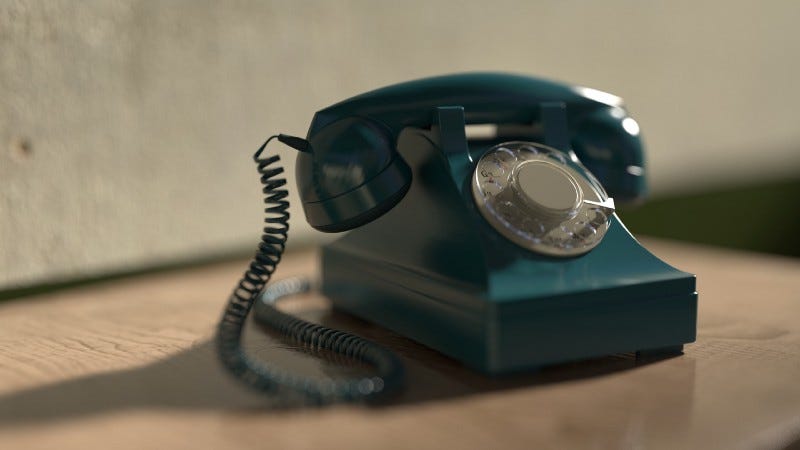Foresight practice
The future is a mirror of the past and present
How did the world look like, let’s say, 30 years ago? On the one hand, it was very different from now. We didn’t have cell phones and the Internet, we used film to take pictures and didn’t upload them to social media because they didn’t exist. We listened to music that now may sound archaic, we read more books and discussed environmental issues and civil rights much lesser than we do nowadays. But even in those days, there were things that are still with us now.
Foresight and strategy are disciplines helping managers and other decision-makers to think about the future. But I rarely start strategic workshops and foresight games with discussions about the future — it is essential to start with the past. Exploring things that have changed and things that haven’t may be exceptionally valuable for possible futures discussions.
Retail as an example
Retail is a rapidly developing industry. Twenty years ago, we didn’t buy clothes on…




